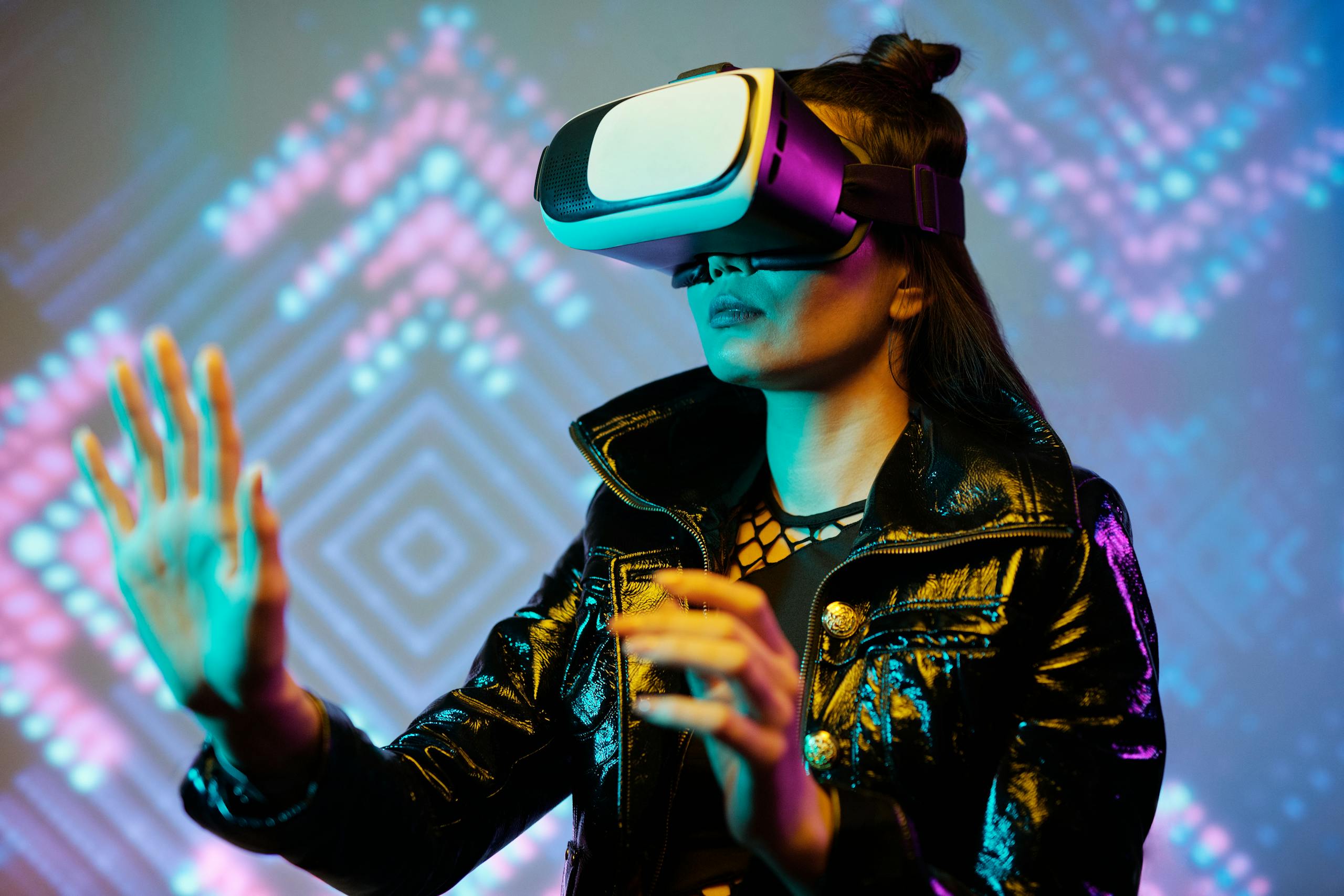
How AI is Transforming the Entertainment Industry
The entertainment industry is undergoing a seismic shift, thanks to the rapid advancements in artificial intelligence (AI). From personalized content recommendations to intelligent scriptwriting, AI is reshaping how we create, distribute, and consume entertainment. In this blog post, we’ll explore how AI is revolutionizing various facets of the entertainment world, supported by relevant statistics, examples, and actionable tips.
The Rise of AI in Content Creation
AI-Powered Scriptwriting
One of the most notable applications of AI in the entertainment industry is in scriptwriting. AI algorithms can analyze vast amounts of data, including existing scripts, audience preferences, and box office performance, to generate compelling storylines and dialogues. For instance, the AI-driven tool ScriptBook claims to predict a film’s success with an accuracy rate of 84%.
AI in Music Composition
AI is also making waves in the music industry. Tools like Amper Music empower artists to create original compositions with minimal effort. According to a report by Grand View Research, the AI in music market is expected to reach $1.6 billion by 2025, growing at a CAGR of 27.2% from 2020 to 2025.
AI Enhancing Viewer Experience
Personalized Content Recommendations
Streaming giants like Netflix and Amazon Prime use AI algorithms to analyze user behavior and preferences, offering personalized content recommendations. A study by McKinsey found that 75% of what users watch on Netflix is based on algorithm-driven recommendations. This not only enhances user experience but also boosts viewer retention rates.
Virtual Reality and Augmented Reality
AI is also pivotal in advancing virtual reality (VR) and augmented reality (AR) experiences. Companies like Immersive Technologies are leveraging AI to create more realistic and interactive environments. According to a report by PwC, the VR and AR market is expected to grow from $46.4 billion in 2019 to $1.5 trillion by 2030.
AI in Marketing and Distribution
Predictive Analytics
AI-driven predictive analytics tools help entertainment companies forecast trends and make data-informed decisions. For example, Disney uses AI to analyze social media trends and box office data, aiding in strategic planning and marketing efforts. According to MarketsandMarkets, the predictive analytics market is expected to grow to $12.41 billion by 2022.
Targeted Advertising
AI enables highly targeted advertising by analyzing user data and behavior patterns. Platforms like Facebook and Google employ AI algorithms to deliver ads that resonate with specific audience segments. This not only improves ad effectiveness but also maximizes ROI for advertisers. A report by eMarketer suggests that AI-driven advertising will account for $79.27 billion in ad spend by 2023.
Challenges and Ethical Considerations
Data Privacy Concerns
While AI offers numerous benefits, it also raises significant data privacy concerns. The entertainment industry must ensure that user data is collected and used ethically, complying with regulations like GDPR and CCPA. According to a survey by Pew Research Center, 79% of Americans are concerned about how companies use their data.
AI Bias and Fairness
Another challenge is the potential for AI bias. If AI algorithms are trained on biased data, they can perpetuate existing inequalities. It’s crucial for the entertainment industry to implement robust checks and balances to ensure AI fairness and inclusivity. A study by MIT found that some AI systems have error rates as high as 34.4% for darker-skinned individuals compared to 0.8% for lighter-skinned individuals.
Actionable Tips for Leveraging AI in Entertainment
Invest in AI Training Programs
To fully harness the power of AI, it’s essential to invest in comprehensive training programs for your team. This will enable them to understand and implement AI technologies effectively, driving innovation and growth.
Collaborate with AI Experts
Partnering with AI experts and tech companies can provide valuable insights and resources. Collaborations can accelerate the adoption of AI technologies, ensuring your business stays ahead of the curve.
Prioritize Ethical AI Practices
Ensure that your AI implementations adhere to ethical guidelines and data privacy regulations. This will not only protect your users but also build trust and credibility for your brand.
Conclusion
AI is undeniably transforming the entertainment industry, offering unprecedented opportunities for innovation and growth. From content creation and viewer experience to marketing and distribution, AI is revolutionizing every aspect of the entertainment world. However, it’s crucial to address the challenges and ethical considerations to harness AI’s full potential responsibly. By investing in AI training, collaborating with experts, and prioritizing ethical practices, the entertainment industry can continue to thrive in the AI-driven era.

